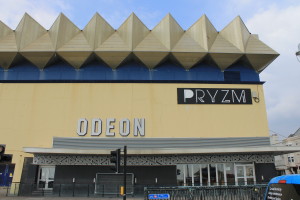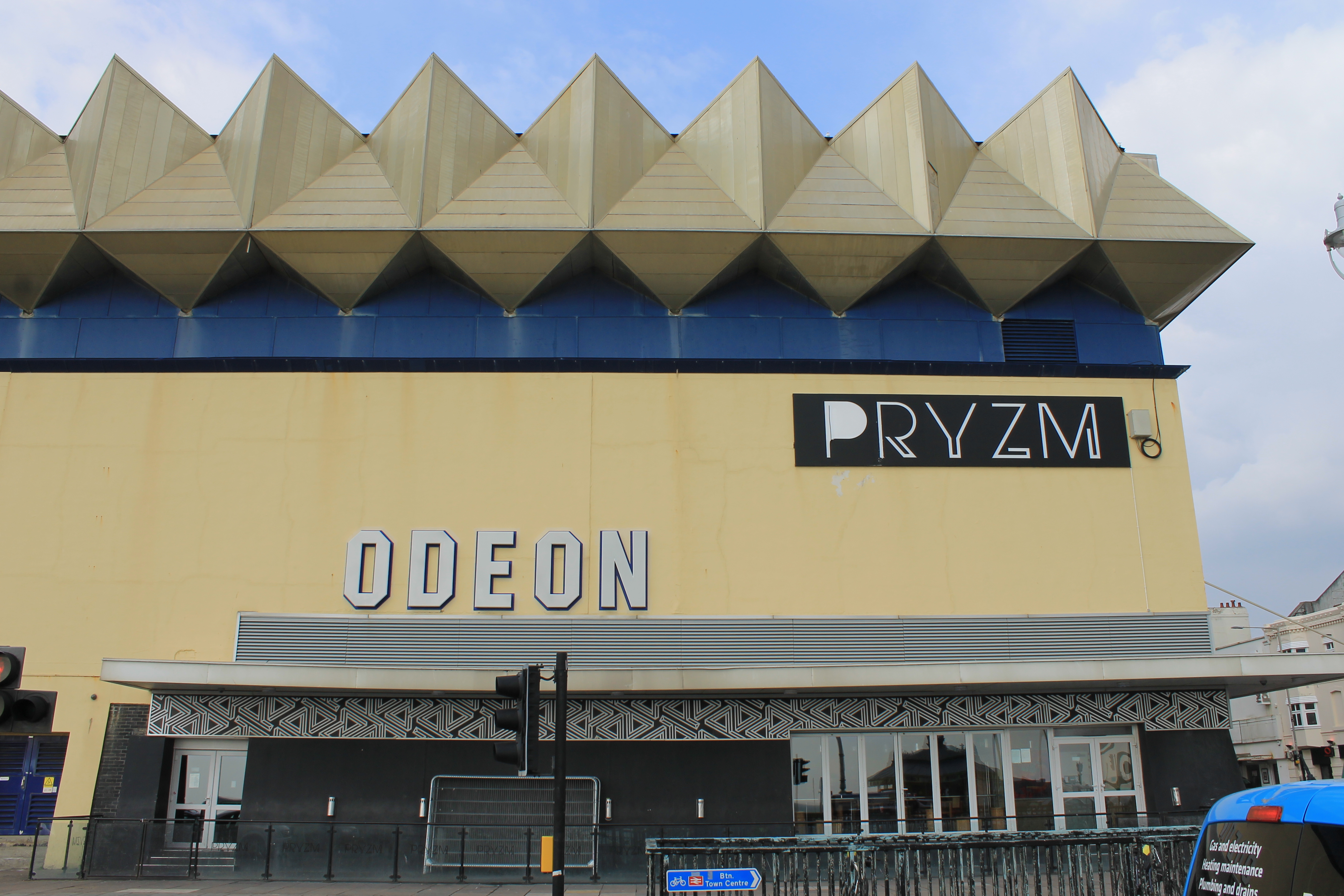By Peter Marks, chief executive of Luminar
I was recently asked to speak at a Westminster Social Policy Forum on the future of the UK high street. As traditional retail comes under pressure from the internet the late night economy is at last being seen as part of the solution to empty premises.
As the UK’s largest nightclub operator, we’re passionate about what we do and believe that, when late night operators get it right, they add real value to the economy and help to create vibrant town centres.

The late night economy comprises of anywhere that trades after 6pm. It is a large and often overlooked piece of our economy, accounting for 6 per cent of GDP, 8 per cent of UK businesses, 10 per cent of all jobs and 27 per cent of town and city centre turnover.
The sector also creates a huge amount of employment, especially for the under 24s, which has been a primary concern for the UK since 2008. In the last year alone, the night time economy has created 37,000 new jobs and generated £66 billion of sales, delivering significant tax returns for the government.
Over the last three years Luminar has invested over £20 million in transforming our night club estate, including £1 million at PRYZM Brighton. We have some fantastic venues in great locations and we want to see a healthy economy in our town centres.
A new or invested night club can often boost a town or city centre far better than any other single café, bar or pub because we have the capacity, the marketing budgets and the expertise to bring people back into town. When a nightclub ceases trading the local night time economy usually follows a downward spiral. No one picks up the trade, the town gets quieter.
Things are getting better and most of us remain cautiously optimistic. The latest CGA Peach report also shows that confidence is the highest for years.
But just when things are improving, we have another potential issue to deal with – “permitted development rights” (PDR) introduced in May 2013. Put simply, a vacant office block, often having laid empty for several years, can now be developed into residential premises.
 On the face of it, this sounds like a great idea that we would all support. It helps the housing issue, revitalises town centres, and makes use of unwanted office space. So what’s the problem? Because it doesn’t matter if you have had 30 years in a site as a bar, restaurant, club or live music venue, a new resident has the ability to complain about the noise from the venue or other public nuisance and restrict hours or even revoke your licence.
On the face of it, this sounds like a great idea that we would all support. It helps the housing issue, revitalises town centres, and makes use of unwanted office space. So what’s the problem? Because it doesn’t matter if you have had 30 years in a site as a bar, restaurant, club or live music venue, a new resident has the ability to complain about the noise from the venue or other public nuisance and restrict hours or even revoke your licence.
Unfortunately, a number of bars in Brighton and Hove, including the Blind Tiger and Ouch Bar have already closed after noise complaints.
The answer of course is not to stop the transference of use from old offices to accommodation. It can be a good idea. But it needs more thought. We either need town centre zones, without such accommodation, that allow late night economies to flourish, or an understanding that should someone move into a building that was developed into living space after an existing licensed premises, the residents have limited rights to object to a licence that could impact employment and investment.
The good news is that Brighton is thriving and we, like other late night operators, are keen to continue to work with licensing and planning teams to maintain a healthy balance between the needs of residents and that of the late night economy.
We believe that we can all continue to be part of the success story for rejuvenating areas like Brighton and Hove but this will only happen if we all work together to ensure harmony reigns between the needs of the economy and the residents in our city centres.









